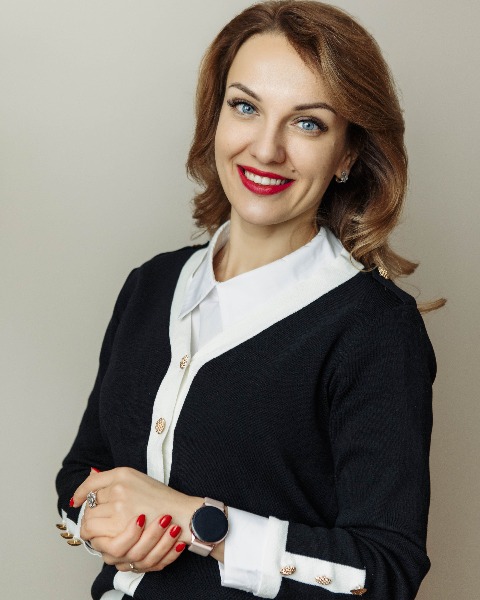Paper Presentation
Research Ethics and Social Sciences
Session: Clinical trial Design
Moral Justification for Continuing or Stopping Clinical Trials During Wartime
Thursday, September 19, 2024
4:30 PM - 5:30 PM CT
Location: Midway 10 (First Floor)
Keywords: Moral Justification, War/armed conflict
Abstract: Over the past decade, Ukraine has become a popular hub for clinical trials (CT), ranking second after India in recruiting oncology trial participants. CTs have played a significant role in the development of the Ukrainian healthcare system and the economy. Through research participation, patients receive free modern treatments, while medical workers acquire new skills and observe positive outcomes with innovative treatment methods. The full-scale invasion by Russia has drastically affected CTs in Ukraine. Some were halted completely, others ceased patient recruitment, while a minority continued treating patients. CRO-supported research sites in Ukraine have showed dedication to their duties, including self-sacrifice for patient care and monitoring.
A decision to continue or stop any CT during active conflict or to start a new trial in an area not immediately affected by war (but in a country experiencing war) has potential harms and benefits for patients, researchers, and the medical community. Here, we will explore whether and when it is justifiable to start new clinical research in areas near active war zones, given the limited resources available and the unique risks. Global pharmaceutical companies often cite safety concerns, logistics, and reduced patient recruitment as reasons for stopping or not starting new trials, but these arguments need closer examination. Lessons learned from the first year of the war in Ukraine as well as from the COVID-19 pandemic inform development of a framework to guide ethical decision-making regarding decisions about stopping or continuing CTs during armed conflict or natural disasters.
A decision to continue or stop any CT during active conflict or to start a new trial in an area not immediately affected by war (but in a country experiencing war) has potential harms and benefits for patients, researchers, and the medical community. Here, we will explore whether and when it is justifiable to start new clinical research in areas near active war zones, given the limited resources available and the unique risks. Global pharmaceutical companies often cite safety concerns, logistics, and reduced patient recruitment as reasons for stopping or not starting new trials, but these arguments need closer examination. Lessons learned from the first year of the war in Ukraine as well as from the COVID-19 pandemic inform development of a framework to guide ethical decision-making regarding decisions about stopping or continuing CTs during armed conflict or natural disasters.
Learning Objectives:
After participating in this conference, attendees should be able to:
- To understand whether and when it is justifiable to start new clinical research in areas near active war zones, given the limited resources available and the unique risks.
- To evaluate the experience of clinical trials from the war in Ukraine and the COVID-19 pandemic
- To inform the development of a framework to guide ethical decision-making regarding decisions about stopping or continuing CTs during armed conflict or natural disasters
Emily Anderson, PHD, MPH – Professor, Loyola Chicago University, Neiswanger Institute for Bioethics, Stritch School of Medicine

Vladyslava Kachkovska, MD, MA, DBE, PhD (she/her/hers)
Associate professor
Sumy State University
Sumy, Sums'ka Oblast'
